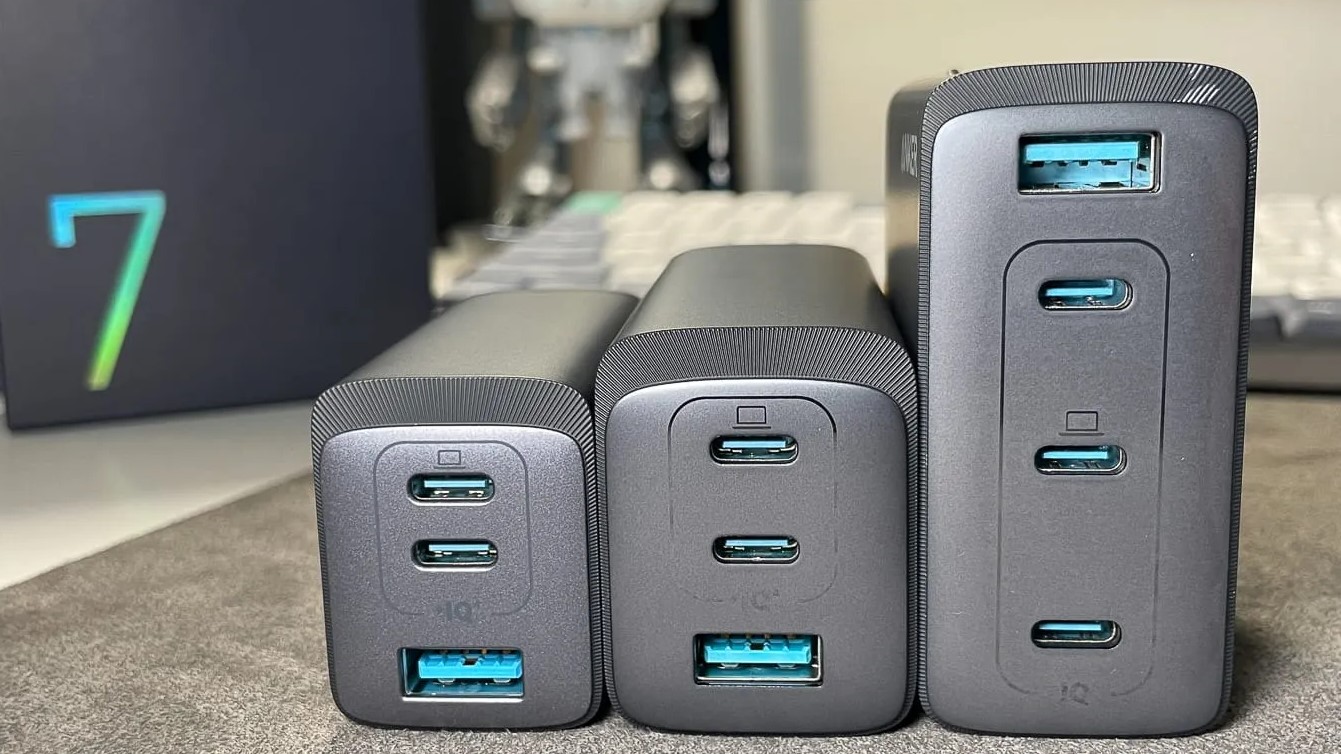In a move that could reshape the AI hardware landscape, OpenAI, the organization behind the renowned ChatGPT, is reportedly considering the production of its own artificial intelligence (AI) chips. This exploration comes amid the backdrop of a rapidly evolving tech industry, where the demand for specialized AI hardware is on the rise. OpenAI’s potential foray into the AI chip market signifies its ambition to have a more integrated approach in the AI ecosystem, from software to hardware.
Key Highlights:
- OpenAI is contemplating the creation of its own AI chips.
- The decision is still under internal discussion and not finalized.
- OpenAI has evaluated potential acquisition targets in the AI chip domain.
- The move could be a response to ongoing supply chain challenges.

OpenAI’s Strategic Shift
Historically, OpenAI has been recognized for its groundbreaking work in AI software, with products like ChatGPT gaining global acclaim. However, the recent revelations suggest a strategic shift for the company. By exploring the possibility of producing its own AI chips, OpenAI could be aiming for a more holistic involvement in the AI value chain.
Why the Move to Hardware?
The global tech industry has been grappling with supply chain challenges, especially in the semiconductor sector. OpenAI’s exploration into AI chip production could be a strategic response to these challenges. By having control over its hardware, OpenAI can ensure that its software innovations are perfectly complemented by the underlying hardware, leading to optimized performance.
Furthermore, according to reports, OpenAI has not only considered building its own AI chips but has also evaluated potential acquisition targets in the domain. This suggests a comprehensive strategy where OpenAI is weighing all options to strengthen its position in the AI hardware sector.
Implications for the AI Industry
OpenAI’s potential move into the AI chip market could have profound implications for the industry. It could lead to increased competition, especially for established AI chip manufacturers. Moreover, with OpenAI’s expertise in AI software, the organization could introduce chips that are highly optimized for specific AI tasks, setting new industry standards.
Challenges and Opportunities
While the prospect of OpenAI producing its own AI chips is exciting, it’s not without challenges. Chip manufacturing requires significant capital investment, and there are technical challenges associated with producing chips that can meet the demands of cutting-edge AI applications.
However, the opportunities are immense. If OpenAI can successfully produce its own AI chips, it could lead to a new era of integrated AI solutions where software and hardware are perfectly in sync, delivering unparalleled performance.
Summary
OpenAI, known for its prowess in AI software, is reportedly exploring the possibility of producing its own AI chips. This potential move signifies a strategic shift for the company and could reshape the AI hardware landscape. While the decision is still under discussion, the implications for the AI industry are profound. As OpenAI evaluates its options, the global tech community awaits with keen interest, anticipating the next big leap in integrated AI solutions.



